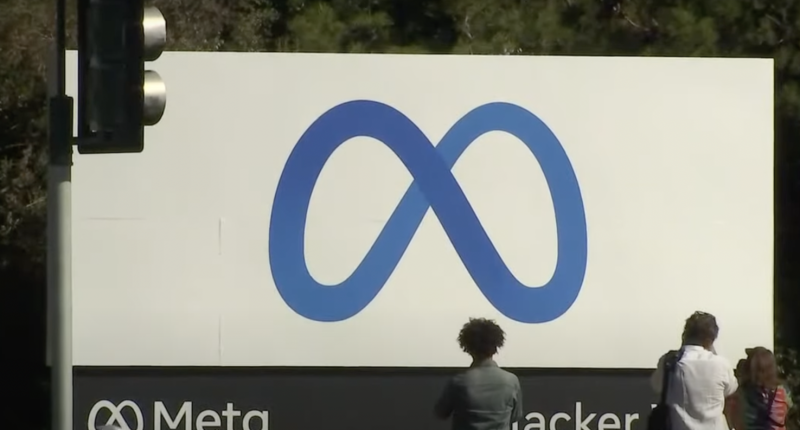A few months ago, Meta, Google and other big tech had imposed restrictions on election-related queries in India across their respective platforms. At that time, user queries about politicians would result in the chatbot responding with a link to the website of the Election Commission of India about the election polls. Now that the elections are finally over, Meta seems to have decided to lift the restriction on election-related queries.
Meta AI – the company’s answer to the AI-chatbot race – is still under development and has limited user access on WhatsApp and Instagram. Meta’s measures to direct users seeking political information to authoritative sources aimed to ensure the accuracy and reliability of information provided through its AI chatbot (especially during such a high-stakes political event). Users encountering these restrictions were directed to the official Election Commission website, ensuring access to reliable and verified information.
Now, users can now utilize Meta AI to search for information on election results, details about politicians, and specifics concerning current officeholders.
Considering the multitude of ways AI (and generative AI) can be exploited to disseminate misinformation and disinformation during delicate situations like elections, Meta’s initial move to restrict election-related queries is understandable. During election periods, the dissemination of false information can have significant impacts on public opinion and voter behavior. Social media platforms, including those powered by AI, are particularly vulnerable to being exploited for spreading fake news, and can inadvertently propagate incorrect or misleading information.
To add to this, Meta’s move to prevent its platform from becoming a vector for misinformation enabled it to maintain political neutrality, as well as helped the company avoid allegations of partiality. Not to mention the fact that it also enabled Meta to be in compliance with the government’s stringent regulations to monitor and control the spread of online misinformation, particularly during critical periods such as elections. This is in line with how other AI-powered chatbots operate on the matter – tools like OpenAI’s ChatGPT and Microsoft Copilot refrain from answering direct questions about election winners but can provide information about officeholders and politicians by fetching data from the web. Still, in contrast to Meta AI’s revised policy, Google maintains a global stance on restricting AI-generated responses to election-related queries, including in markets like India.
The Tech Portal is published by Blue Box Media Private Limited. Our investors have no influence over our reporting. Read our full Ownership and Funding Disclosure →





